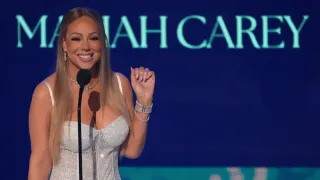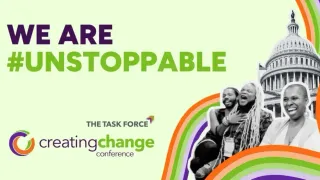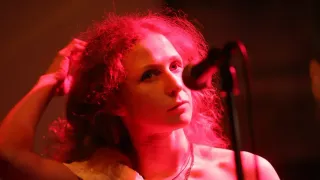October 23, 2017
TomboyX's Fran Dunaway Inducted into Competitive EY Entrepreneurial Winning Women Program
READ TIME: 4 MIN.
Fran Dunaway, CEO/Co-Founder of TomboyX, has been chosen as one of 13 entrepreneurs admitted into the EY Entrepreneurial Winning Women� 2017 North America class. EY Entrepreneurial Winning Women is an annual competition and executive education program that identifies high-potential entrepreneurs in the US and Canada seeking to scale their businesses -- and then helps them do it. Program participants are among the top 2 percent of all women-led businesses in terms of company revenue.
"Already, this program has helped me tap into a network of incredible female entrepreneurs who are rapidly growing their businesses. I look forward to learning from their example while growing my business and hiring more employees in the Pacific Northwest."
This year's diverse class includes some of the most promising business leaders of today. They average $8 million in annual revenue, with an average of 47 employees. Half of the 2017 Entrepreneurial Winning Women lead companies in science, technology, and math (STEM) industries, and represent entrepreneurial cities ranging from Seattle to New York.
"This program provides not only the resources and networks to help these women grow their businesses but also the power of a like-minded community of entrepreneurs with common goals and challenges who act as resources and advisors for one another," said Kerrie MacPherson, principal, Financial Services Office, and North America Entrepreneurial Winning Women executive sponsor at EY.
Entrepreneurial Winning Women spurs rapid growth among participating entrepreneurs. According to an independent impact assessment directed by the Babson College Center for Women's Entrepreneurial Leadership, individual participants average 20 percent annual revenue growth in their first year in the program and can have up to 50 percent growth in their second year of participation. Winners also report increased confidence, financing, networks and more.
"This year marks a decade for EY endorsing and supporting women founders who are creating and leading some of the world's most promising companies," said Lisa Schiffman, Director, Brand, Marketing and Communications, Americas Growth Markets, Ernst & Young LLP and program founder. "We understand that today's entrepreneurs have a tough road ahead of them, but with the right sponsors and growth networks, they learn to think bigger, establish advisory boards, secure the right investors and build effective leadership teams necessary to scale."
The program began in the United States but has since expanded to include more than 350 entrepreneurs across 50 countries, from Brazil to Vietnam, Turkey to the Netherlands, with women founders operating high-growth companies in every sector.
TomboyX is an innovative e-commerce company disrupting the $200B apparel industry, starting at the foundation -- underwear. Victoria Secret has over 60% market share, and the word comfort isn't anywhere in their vernacular. TomboyX focuses on fit, quality, and sustainability. The brand promise is inclusivity, and they offer every style in sizes XS to 4X.
The panel of independent judges who selected the 2017 inductees included Pat Hedley, Founder and CEO, Path Ahead, Dr. Christina Lampe-�nnerud, CEO, Cadenza Innovation, Stephanie Kaplan Lewis, Co-founder and CEO, Her Campus Media, Don J. Morrison, CA, CPA, CIRP, ICD.D. The 13 members of the class of 2017 will receive an all-expenses-paid trip to the EY Strategic Growth Forum�, an invitation-only gathering of more than 2,000 executives representing high-growth companies in Palm Spring, California.
Entrepreneurial Winning Women is conducted in collaboration with several organizations that encourage the development of women-owned businesses, including the Women Presidents' Organization (WPO), the Women's Business Enterprise National Council (WBENC), the National Association of Women Business Owners (NAWBO), Golden Seeds, TEC Canada, the Kauffman Foundation and Babson College's Center for Women's Entrepreneurial Leadership.
For more information on the program, visit ey.com/winningwomen.






